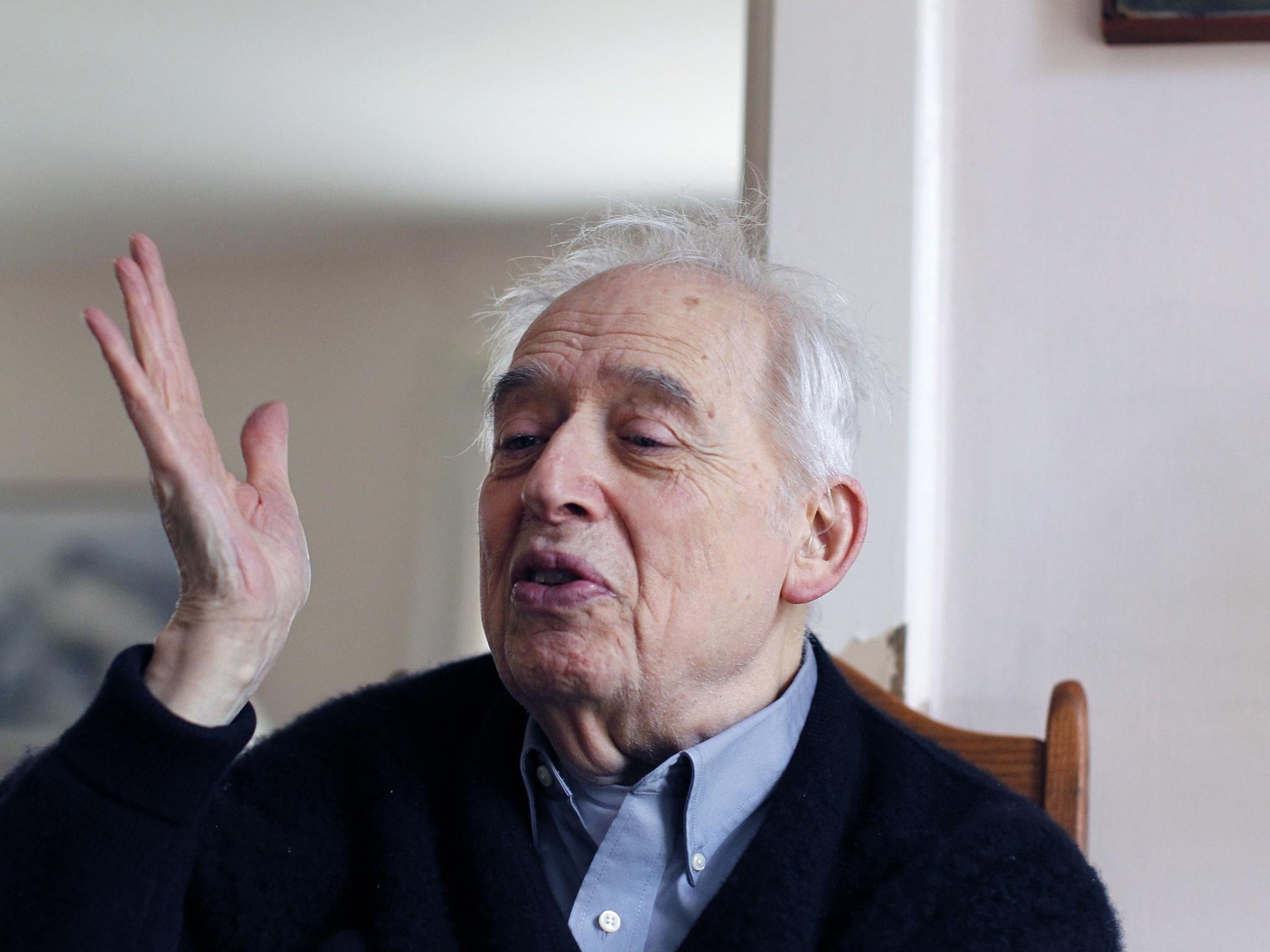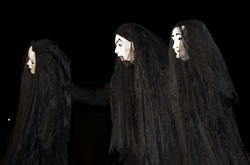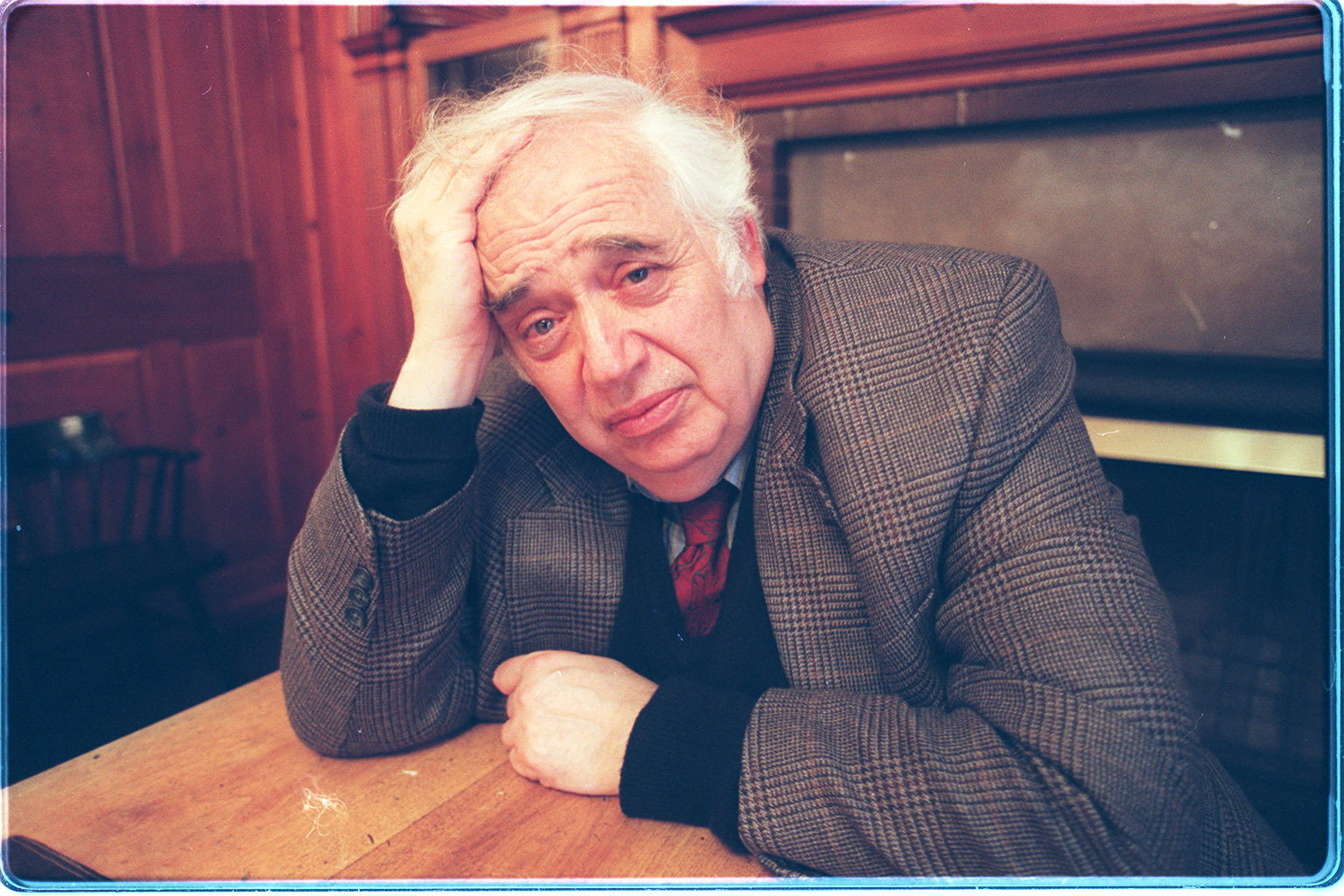
Having characterized their relationship as equal, Shakespeare now breaks down the equality: Macbeth, once crowned, rises in power as his wife descends in importance. They are famous for their love: Duncan calls Macbeth's affection "sharp as his spur," while Macbeth calls his wife "dearest partner of greatness" and "dearest love." They are equally close in ambition: her first words include "he that's coming must be provided for," and his letter speaks of "what greatness is promised thee." Duncan's murder is a mutual effort. He has also received the International Prize of Catalonia, the Alfonso Reyes Prize of Mexico, and the Hans Christian Andersen Bicentennial Prize of Denmark.Harold Bloom says the Macbeths relationship is the "best marriage in Shakespeare" at the beginning of the play, equal in love and ambition.

In 1999, Professor Bloom received the prestigious American Academy of Arts and Letters Gold Medal for Criticism.

In addition, he is the author of hundreds of articles, reviews, and editorial introductions. His most recent books include How to Read and Why (2000), Genius: A Mosaic of One Hundred Exemplary Creative Minds (2002), Hamlet: Poem Unlimited (2003), Where Shall Wisdom Be Found? (2004), Jesus and Yahweh: The Names Divine (2005), The Anatomy of Influence (2011), and The Daemon Knows: Literary Greatness and the American Sublime (2015). The Anxiety of Influence (1973) sets forth Professor Bloom's provocative theory of the literary relationships between the great writers and their predecessors. Educated at Cornell and Yale universities, the books he has written include Shelley's Mythmaking (1959), The Visionary Company (1961), Blake's Apocalypse (1963), Yeats (1970), A Map of Misreading (1975), Kabbalah and Criticism (1975), Agon: Toward a Theory of Revisionism (1982), The American Religion (1992), The Western Canon (1994), Omens of Millennium: The Gnosis of Angels, Dreams, and Resurrection (1996), and Shakespeare: The Invention of the Human (1998), a 1998 National Book Award finalist.


Harold Bloom is Sterling Professor of the Humanities at Yale University.


 0 kommentar(er)
0 kommentar(er)
